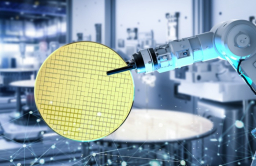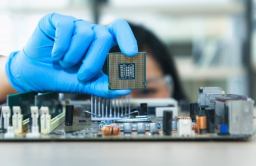-
KOSPI 2577.27 -2.21 -0.09%
-
KOSDAQ 722.52 -7.07 -0.97%
-
KOSPI200 341.49 +0.02 +0.01%
-
USD/KRW 1396 -2.00 0.14%
Korea proposes bigger tax breaks for chipmakers, key industries
Business & Politics
Korea proposes bigger tax breaks for chipmakers, key industries
Following President Yoon’s order for bolder incentives, the finance ministry has decided to more than double tax benefits
By
Jan 03, 2023 (Gmt+09:00)
2
Min read
News+
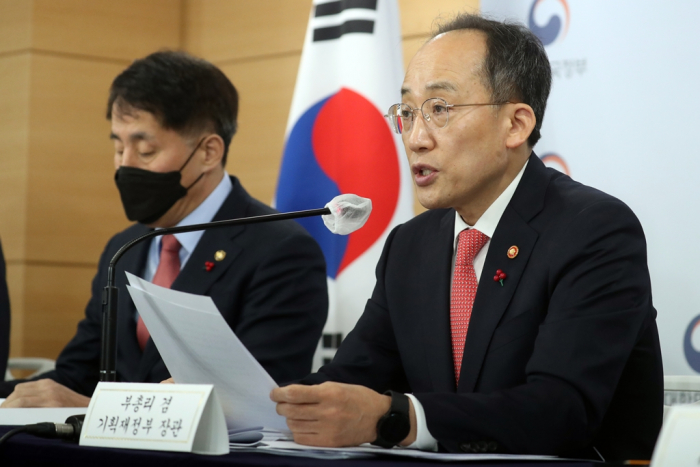
The South Korean government plans to raise tax breaks for facility investments by big companies, including chipmakers, to as much as 25% following President Yoon Suk-yeol’s order to give a further tailwind to the country’s backbone industries.
Under the proposal, big companies in the nation’s strategic sectors such as semiconductors, vaccines, batteries and displays will receive a tax credit of 15% on investments in manufacturing facilities, up from the planned 8% under legislation passed last month.
For mid-tier and small-sized firms, the tax benefit ceilings will be raised to 15% and 25%, respectively, the finance ministry said on Tuesday.
Besides, companies in those sectors will get an additional 10% in tax breaks for extra investments compared to their spending the year prior.
Companies in other business areas will see tax breaks rise by two-to-six percentage points this year versus 2022. This rule only applies to spending in 2023.
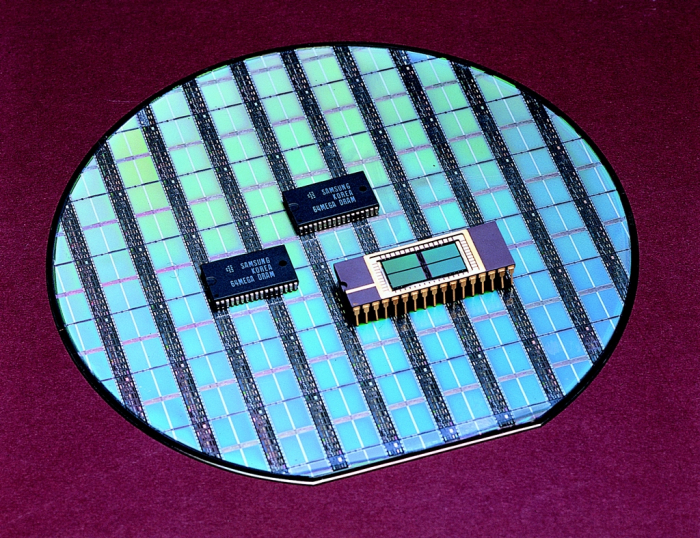
The broadened tax benefits, which will be submitted to the National Assembly for approval by the end of January, are expected to reduce the tax burden on companies by 3.65 trillion won ($2.87 billion) in 2024, according to the ministry.
However, it is uncertain if the ministry's proposal will pass the parliament, which is controlled by the main opposition Democratic Party of Korea.
“To maintain Korea’s leadership in the key business sectors, we believe the government’s full-fledged support is urgently needed,” said Finance Minister Choo Kyung-ho.
PRESIDENT YOON BLASTS SMALLER INCENTIVES
Last week, President Yoon ordered his government to devise stronger incentives for the nation’s key industries, accusing the main opposition party of impeding such efforts.
Citing concerns over smaller tax revenues, the finance ministry and some politicians earlier opposed a drastic increase in tax breaks. In a Dec. 23 parliamentary session, ruling and opposition party lawmakers agreed to raise only the rate of tax incentives for large companies by two percentage points to 8% and passed the bill.
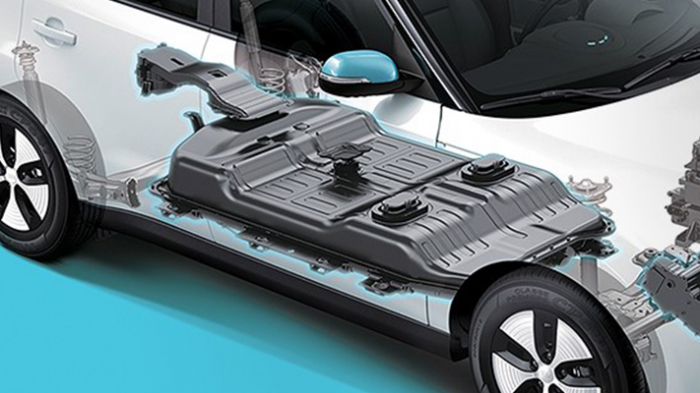
Home to the world’s two largest memory chipmakers, Samsung Electronics Co. and SK Hynix Inc., Korea has promoted semiconductors as the backbone of its economy, but is slow to provide infrastructure and build a skilled workforce, said some lawmakers, including Independent representative Yang Hyang-ja.
Korea has been caught between the US and China, in particular, in an escalating fight over semiconductor supremacy.
In an intensifying bilateral conflict, the US, a key Korean ally, has imposed sanctions on exports of advanced chip technology to China, which is Korea’s biggest trade partner.
Semiconductors account for a fifth of Korea’s exports.
Write to Byung-Uk Do and Eui-Jin Jeong at dodo@hankyung.com
In-Soo Nam edited this article.
More To Read
-
Jan 03, 2023 (Gmt+09:00)
-
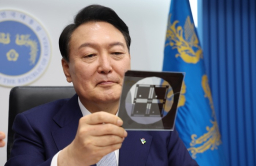 Business & PoliticsKorea plans to raise tax breaks for chipmakers, key industries
Business & PoliticsKorea plans to raise tax breaks for chipmakers, key industriesDec 30, 2022 (Gmt+09:00)
-
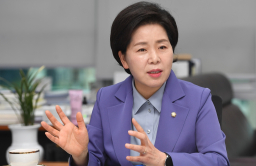 Korean chipmakersKorea may be backpedaling in semiconductor push: Lawmaker
Korean chipmakersKorea may be backpedaling in semiconductor push: LawmakerMay 20, 2022 (Gmt+09:00)
-
May 03, 2022 (Gmt+09:00)


